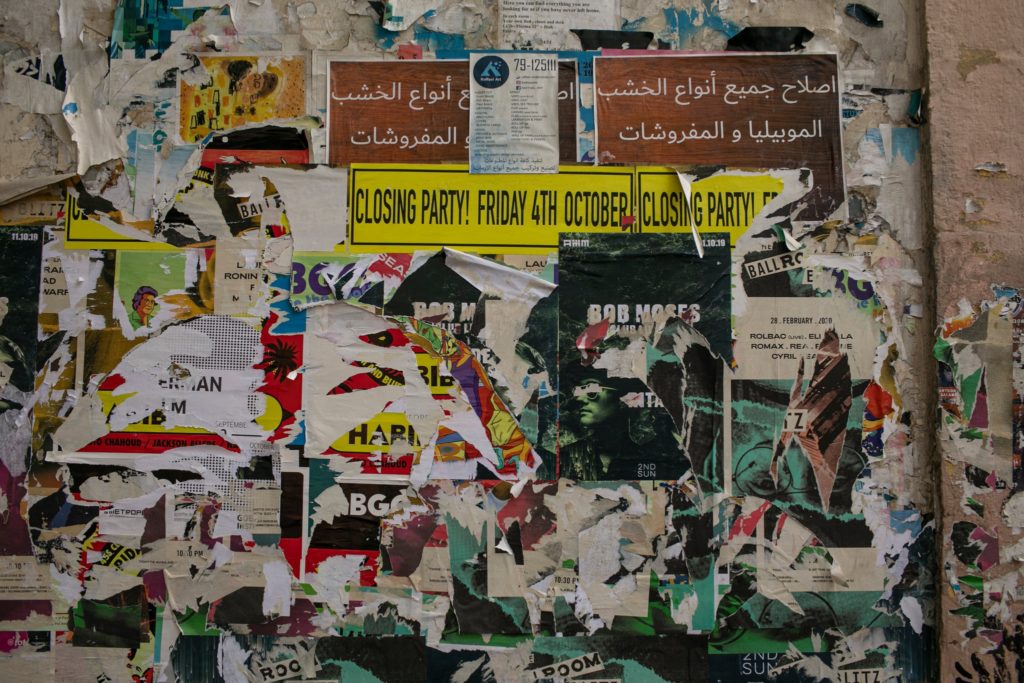+++UPDATE: Beirut’s Nightlife Survived Civil War. Can It Withstand Pandemic?

Vivian Lee, writes for the New York Times on whether nightlight in Lebanon’s capital can withstand the pandemic.
In Beirut a night out is considered a “sacred right, due to a point of pride, the party has never stopped,” even throughout the 25 years of civil war, the summer of 2006 (where war erupted between Hezbollah and Israel), and last autumn anti government protests the bars and clubs remained open.
However. “the bar hopping neighborhood of Mar Mikhaël, which used to vibrate with the clip-clop of high heels and the car-stereo beat of Western and Arabic music every night from Tuesday to Saturday — and sometimes Sundays and Mondays, too — went mute”
“When you live in a place where nothing is stable and the ground is shaking under you all the time, you live in a state of urgency,” said Charbel Haber, 41, a musician, giving the usual explanation for why the nights here can go on for days. “You have to live in the moment.”
Although Lebanon as a whole appears to have dodged a mass outbreak, “the government is starting to announce a staggered reopening for businesses in the coming weeks, yet not all will be able to come back. Due to the fact that the Lebanese pound buys less than half of what it used to, imports and drinks will cost more”.
Concerned club owner: “Joe Mourani, the owner of Ballroom Blitz, a popular alternative electronic-music nightclub, found it harder to foresee when people would dance in a crowd again. Clubbing, it’s really all about proximity,” Mr. Mourani said. “It’s the opposite of social distancing.”
